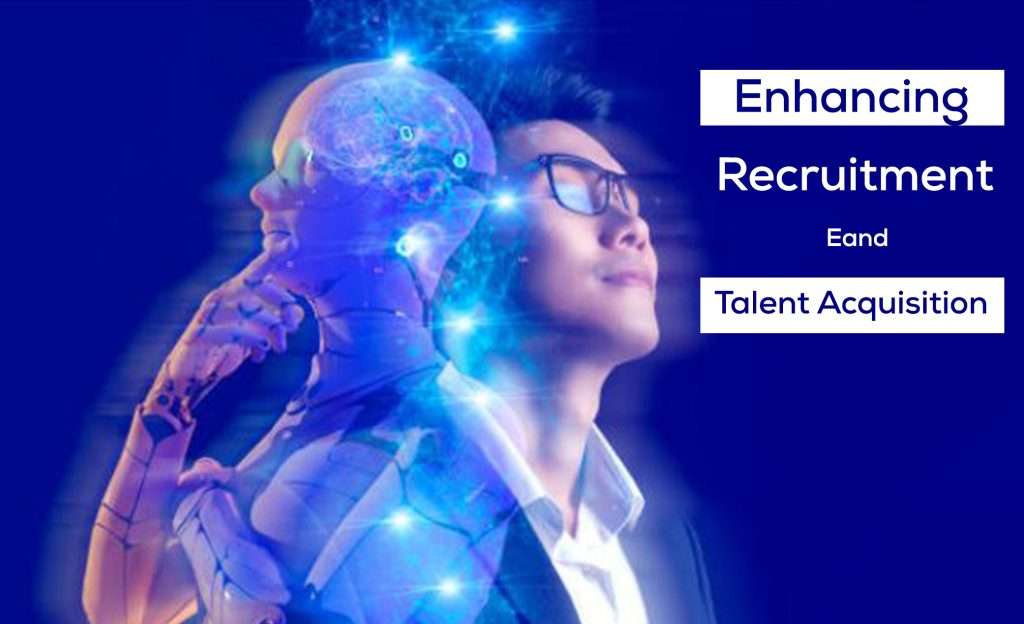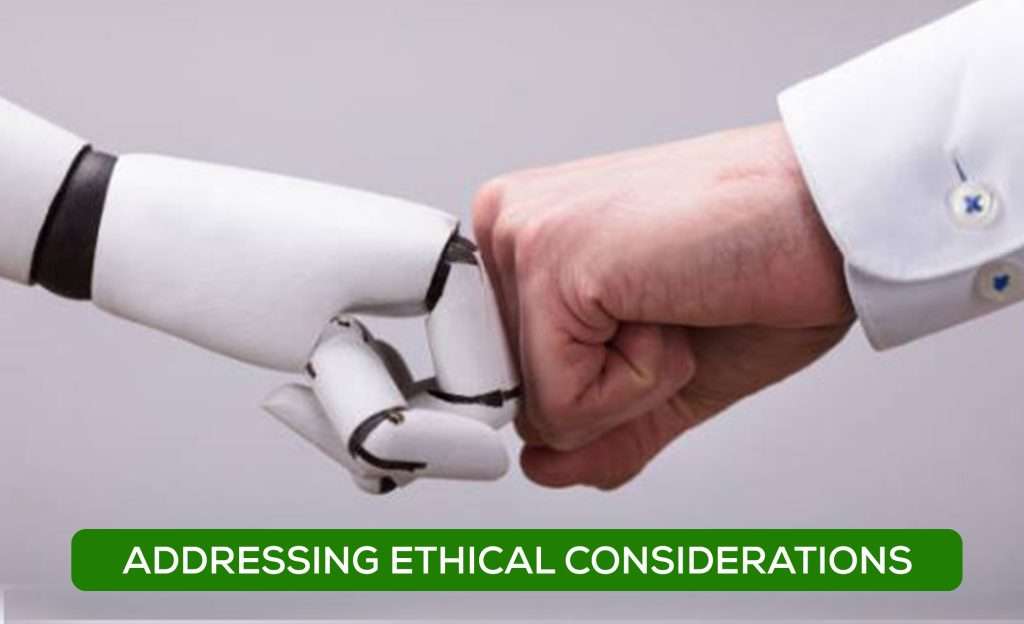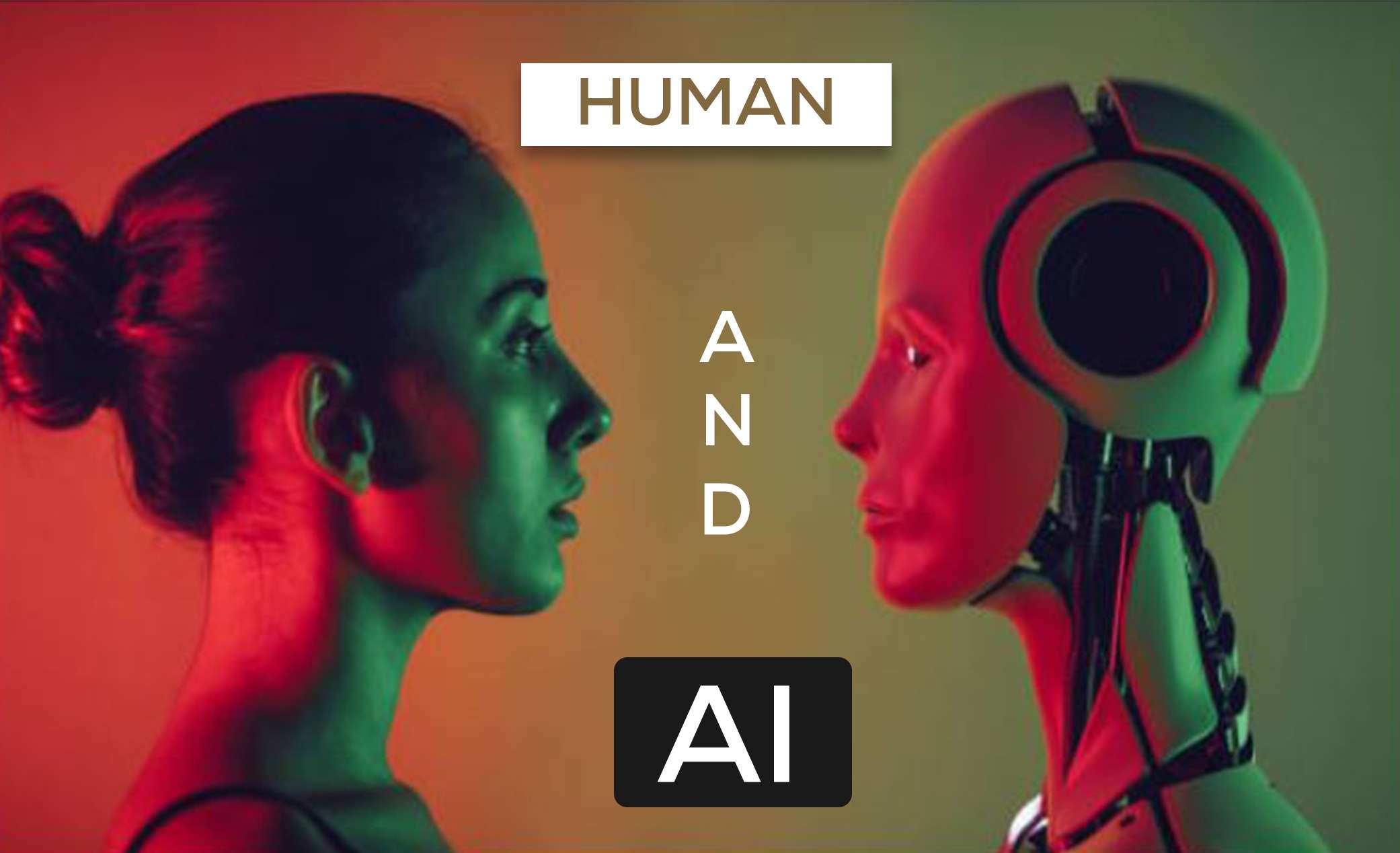AI and human resources
In a trendy rapidly evolving digital landscape, the integration of artificial intelligence (AI) has transformed several industries, and the world of human resources (HR) isn’t an exception. The synergy among AI and HR has ushered in a brand new era, empowering groups to streamline tactics, decorate choice-making, and optimize talent control. This blog publication explores the transformative ability of AI in human resources, highlighting its blessings and addressing ability concerns.
AI-Driven Recruitment and Talent Acquisition
One of the number one areas where AI has made a sizable impact is in the realm of recruitment and talent acquisition. Conventional strategies for sourcing and screening applicants are time-eating and susceptible to biases. AI-powered algorithms can analyze sizeable amounts of facts, such as resumes, cover letters, and online profiles, to perceive the most appropriate applicants for a specific function. Computerized structures can sift through applications, saving HR professionals precious effort and time.
Read more: The Synergy of Human Designers and AI
AI also gives modern ways to evaluate applicants’ skills and abilities. Digital interviews can be conducted with the usage of natural language processing (NLP) and facial popularity technology to investigate verbal and non-verbal cues, presenting insights into a candidate’s suitability for a function. Moreover, chatbots may be hired to reply to common candidate queries, taking into consideration an unbroken and personalized candidate enjoyment.

Enhancing Recruitment and Talent Acquisition
One of the most significant areas where AI has made a substantial impact in HR is recruitment and talent acquisition. Traditional hiring processes are often time-consuming and labor-intensive, requiring HR personnel to manually sift through numerous resumes and conduct initial screenings. AI-powered applicant tracking systems (ATS) can efficiently scan and analyze resumes, identifying the most qualified candidates based on predefined criteria. This saves HR professionals valuable time and ensures a more objective selection process.
Moreover, AI algorithms can go beyond resume analysis by assessing candidates’ social media profiles, and online presence, and even conducting sentiment analysis on their digital footprints. This comprehensive approach provides a more holistic understanding of potential hires, enabling HR to make more informed decisions.
Improving Employee Engagement and Retention
Employee engagement and retention are vital factors contributing to an organization’s success. AI can play a crucial role in enhancing both areas. Chatbots powered by natural language processing (NLP) algorithms can act as virtual HR assistants, addressing employees’ queries and concerns promptly. These chatbots can also facilitate onboarding processes by providing new hires with instant access to relevant information, policies, and procedures.
Furthermore, AI-powered sentiment analysis tools can gauge employee satisfaction levels by analyzing feedback gathered from various sources, such as surveys, performance reviews, and even communication platforms. This real-time feedback allows HR to proactively identify potential issues and implement targeted interventions, fostering a more positive work environment and increasing employee retention rates.

Streamlining HR Operations and Workflow
AI can significantly streamline HR operations and workflow, reducing administrative burdens and enhancing efficiency. For instance, AI-powered systems can automate routine tasks like payroll processing, leave management, and benefits administration. This automation minimizes the likelihood of errors, ensures compliance with regulations, and frees up HR personnel to focus on more strategic initiatives.
Additionally, AI can assist in workforce planning by analyzing historical data, market trends, and business objectives. By leveraging predictive analytics, HR professionals can make data-driven decisions regarding workforce allocation, succession planning, and skill development. This proactive approach enables organizations to align their talent strategies with future demands, enhancing agility and competitiveness.
Addressing Ethical Considerations
While the integration of AI in HR brings numerous benefits, it is essential to address potential ethical concerns. ai and human resources Bias in AI algorithms has been a significant point of contention. HR professionals must ensure that AI tools are designed and trained to be fair and unbiased. This involves critically examining the data used for training and continuously monitoring the algorithms for any unintended biases. Transparent communication with employees about the use of AI in HR processes is also vital to building trust and addressing concerns.
Furthermore, AI should not replace human interaction entirely. While automation and AI can augment HR functions and human judgment, temps must strike a balance between leveraging AI’s capabilities and maintaining a human-centric approach in HR processes, particularly when dealing with sensitive matters like performance evaluations, employee grievances, and career development.
At last, can be said
The fusion of AI and human resources presents a powerful opportunity for organizations to revolutionize their HR practices and unlock new possibilities. By leveraging AI technologies, HR professionals can streamline recruitment, enhance employee engagement, and optimize HR operations. However, it is imperative to address ethical considerations, maintain transparency, and strike the right balance between AI and human interaction.











